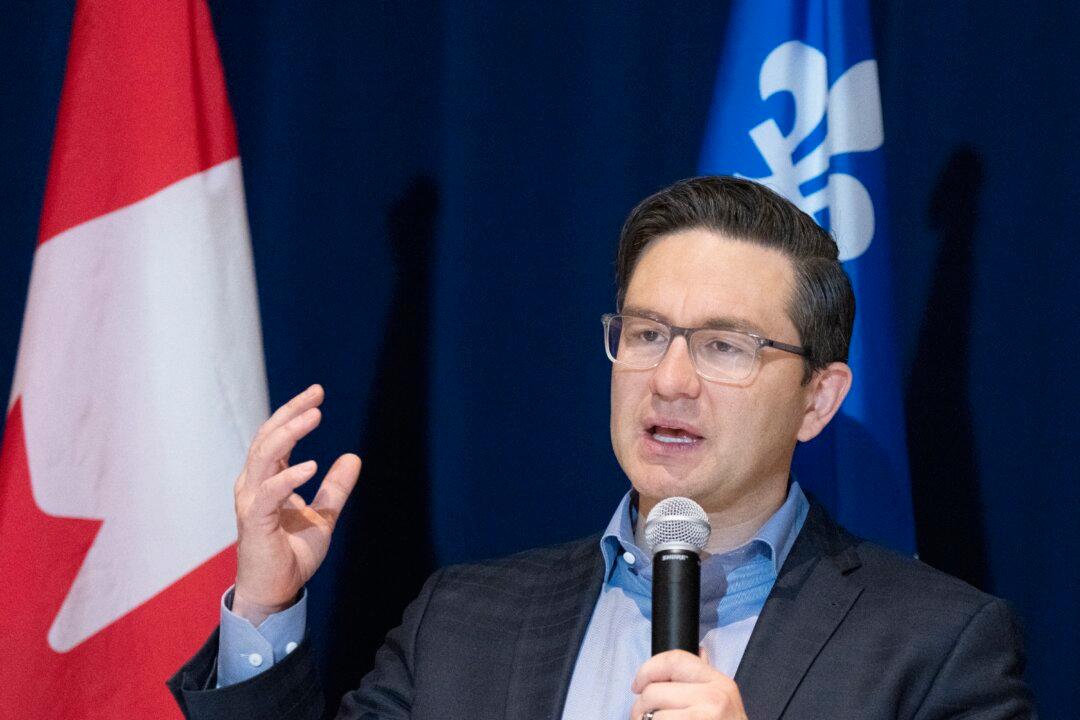British Columbia’s ongoing attempts to handle its drug crisis have been an “abject failure,” says federal Conservative Leader Pierre Poilievre, who adds that the province’s decriminalization of small amounts of illicit drugs for personal use have made the problem worse.
“Decriminalization has been in place in B.C. now since about 2017 in reality,” Poilievre told reporters in Ottawa on Feb. 1. “The results are in. The debate is over. It has been a disaster, an absolute abject failure.”





